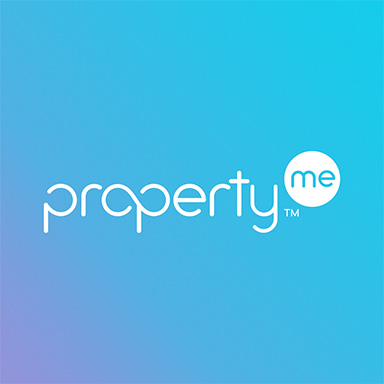Once upon a time, the cloud was a source of confusion to real estate agents and technophiles alike. Now, about 80% of the adult population in Australia has embraced cloud software with numbers growing year on year.
This trend can be seen in the real estate industry with more and more agencies switching to cloud property management software. However, as with any new technology, there are a number of myths and misconceptions that surround it.
Fortunately, we’re here to debunk the five most common misconceptions about cloud property management software and shed light on why millions of businesses worldwide are using cloud software to their advantage:
1. The cloud is hard to access
This is false; to this day, people still think the cloud is hard to access because it’s intangible and they don’t know where and what it is. “The cloud” represents the internet where your data is stored on servers. So while this misconception may have been true many, many years ago due to lack of access to the internet, it’s very hard to believe with 94.7% of Australian businesses on the internet.
The truth is, storing data in the cloud actually makes it much easier to access. As long as you have an internet connection, you can access your data from anywhere, at anytime, allowing for greater flexibility and easier collaboration.
Not only that, cloud software makes it much easier to access and locate important files. No more rummaging through drawers for physical files or calling up the office for a contact when you’re on-site; all this information is available at your fingertips in the cloud.
2. My current property management software works just as well as cloud software
While this is a very common misconception, it’s simply not true. With cloud software companies constantly updating their systems and innovating, legacy software will inevitably become obsolete (and it likely already is). This means that if you continue using your current property management software, you run the risk of vulnerabilities due to lack of security patches, integration issues with newer systems and apps, decreased speed as more data is fed into the system and increased maintenance costs.
Additionally, there’s a serious chance that you’ll lose out on market share as your competitors move onto cloud property management software and get ahead of you with automation tools that allow for greater efficiency, constant updates and support and seamless integrations.
3. Storing data in the cloud compromises your security
This could not be farther from the truth. Legacy software and data that is physically stored on servers and computers in the office is not only vulnerable to physical disasters but also to viruses and theft. For example, a laptop is stolen every 53 seconds, meaning there’s a chance your data could be compromised this very minute if you don’t keep a watchful eye on all your devices. And recently a number of real estate businesses using legacy “server-based” systems have been hacked with their property management data held to ransom.
On the other hand, cloud property management software encrypts your data and stores it virtually behind sophisticated firewalls, authentication gateways and even physical security measures (we’re talking armed guards here, folks), making it far more secure. Not only that, if a physical disaster were to happen, you can rest assured that your data is backed up in the cloud. This means that you would either have no downtime or you would be able to recover your data quickly and efficiently.
4. Cloud property management software is expensive
This may have been true many years ago but cloud software has long become a lot more cost-effective than traditional property management software. When you factor in the cost of IT management, hardware, storage, licensing, backup solutions, security and energy, the cost of traditional software can add up very quickly.
In contrast, while it’s common to pay a low upfront cost for installation or migration to cloud software, it’s a small price to pay for a long-term gain. In the long run, cloud software drastically reduces costs by storing data virtually, mitigating the need for your own infrastructure.
But don’t just take our word for it! Kelly Higgins, operations manager of MPM Property in Queensland says “the cost benefit of transitioning to PropertyMe was not only seen in the savings of annual subscription costs, but the cloud-based structure allowed me to pull my branched offices back together into one program and one trust account.” For MPM Property, the savings “were almost relevant to the costs of a new employee.”
5. Cloud software is for smaller agencies with fewer properties
With the rapid growth and adoption of cloud software, this misconception was spread through the grapevine by people who had never even looked into or tried cloud software. Not to mention, some vendors of legacy software have perpetuated this misconception, hoping to keep their customers on those products (and paying higher prices) rather than transitioning to cloud solutions.
The reality is that cloud software allows you to grow and scale your business much faster at a lower cost. With traditional software, you’re often limited by storage space and hardware, but with cloud property management software, storage is virtual and uncapped, resulting in greater efficiency. Additionally, cloud software allows you to work in a more structured and organised way while being at the forefront of technology.
While it’s only human nature to want to stick to what you’re comfortable with, it’s clear that cloud property management software is here to stay and businesses need to decide whether they want to adapt or be left behind.
Need help getting started? Book a PropertyMe demo today and see the benefits of cloud property management software for yourself. If you enjoyed this post, you may also be interested in How Much Could Your Business Save With Cloud Software?
Did we miss anything in the 5 Most Common Misconceptions about Cloud Property Management Software? Please let us know in the comments below.


